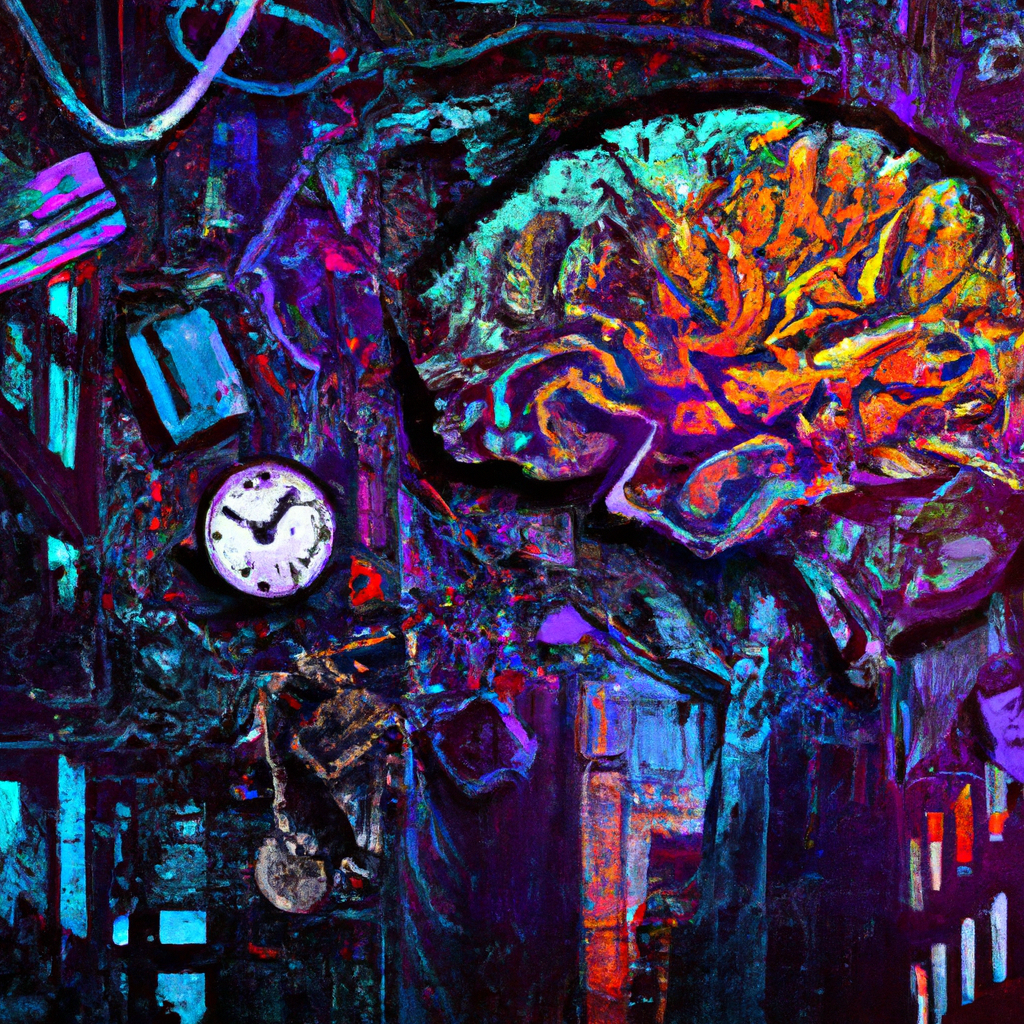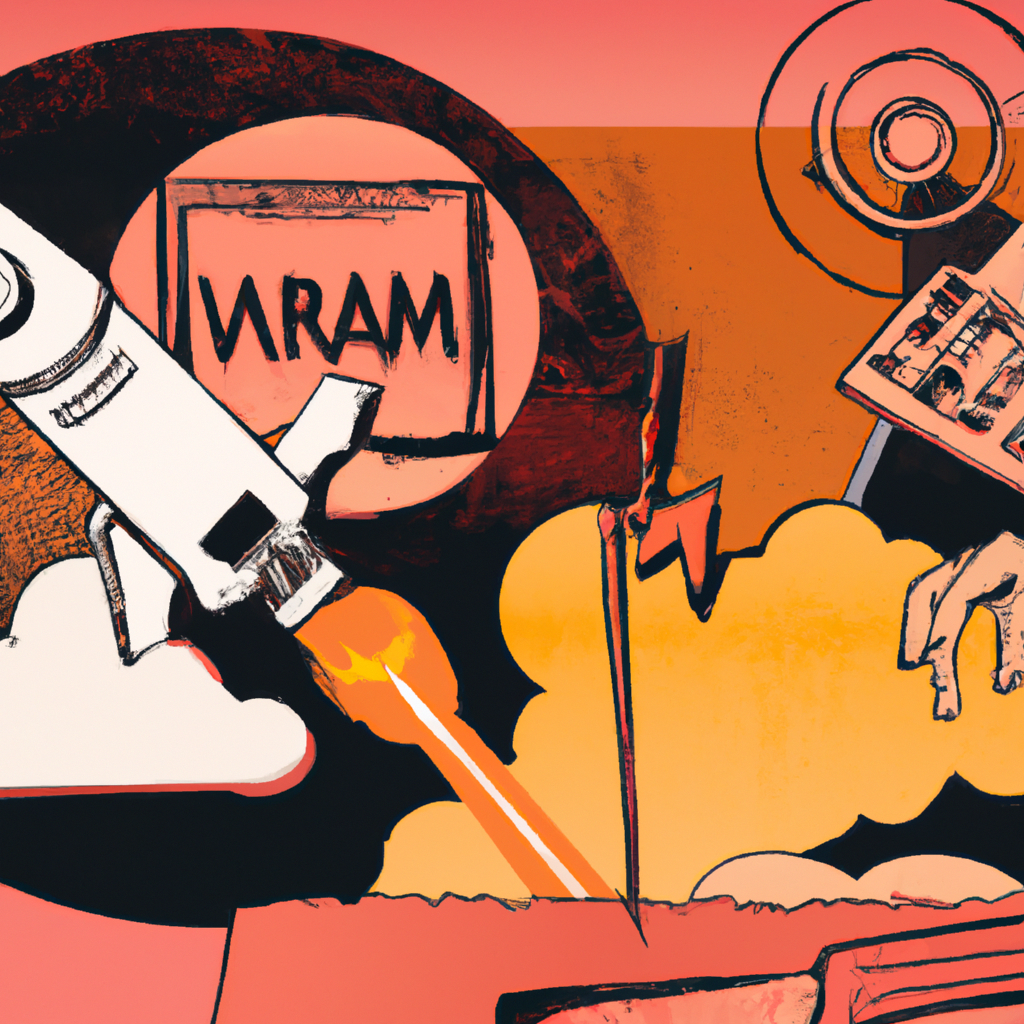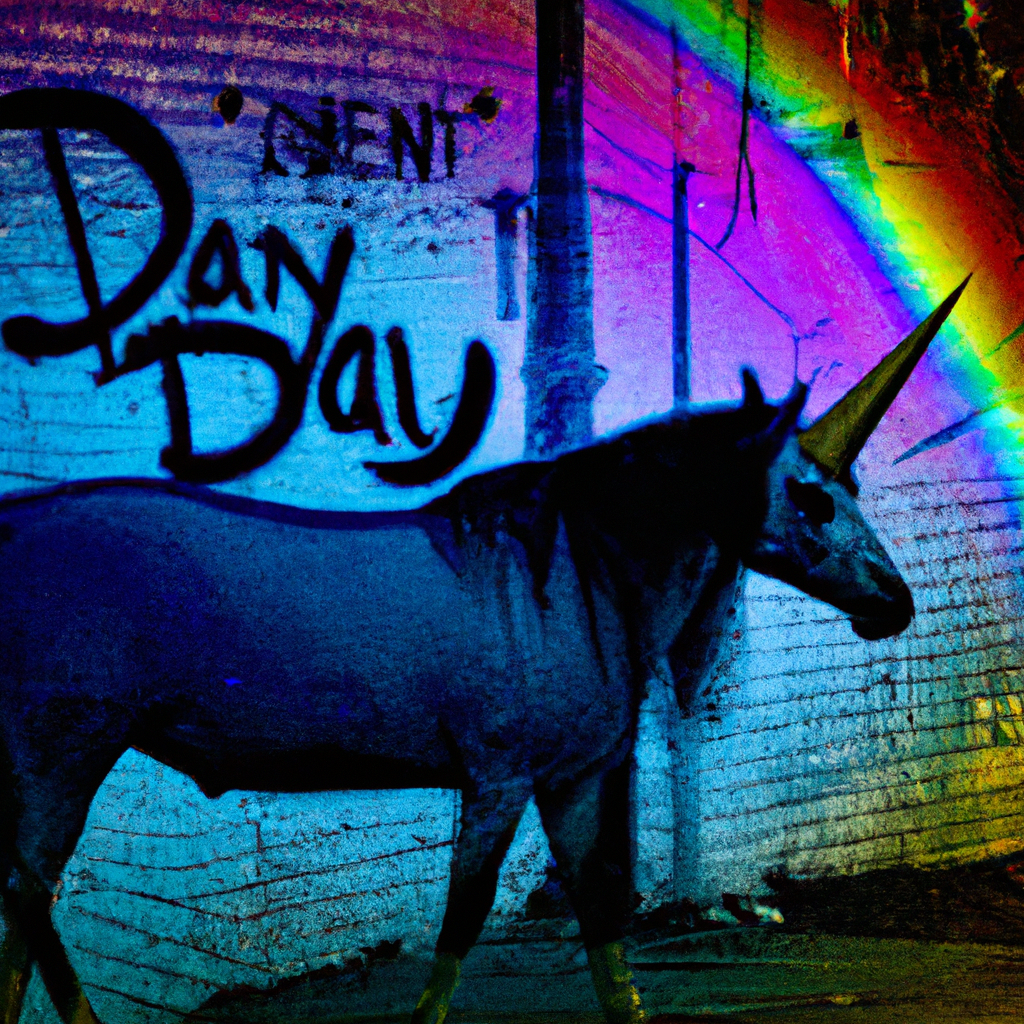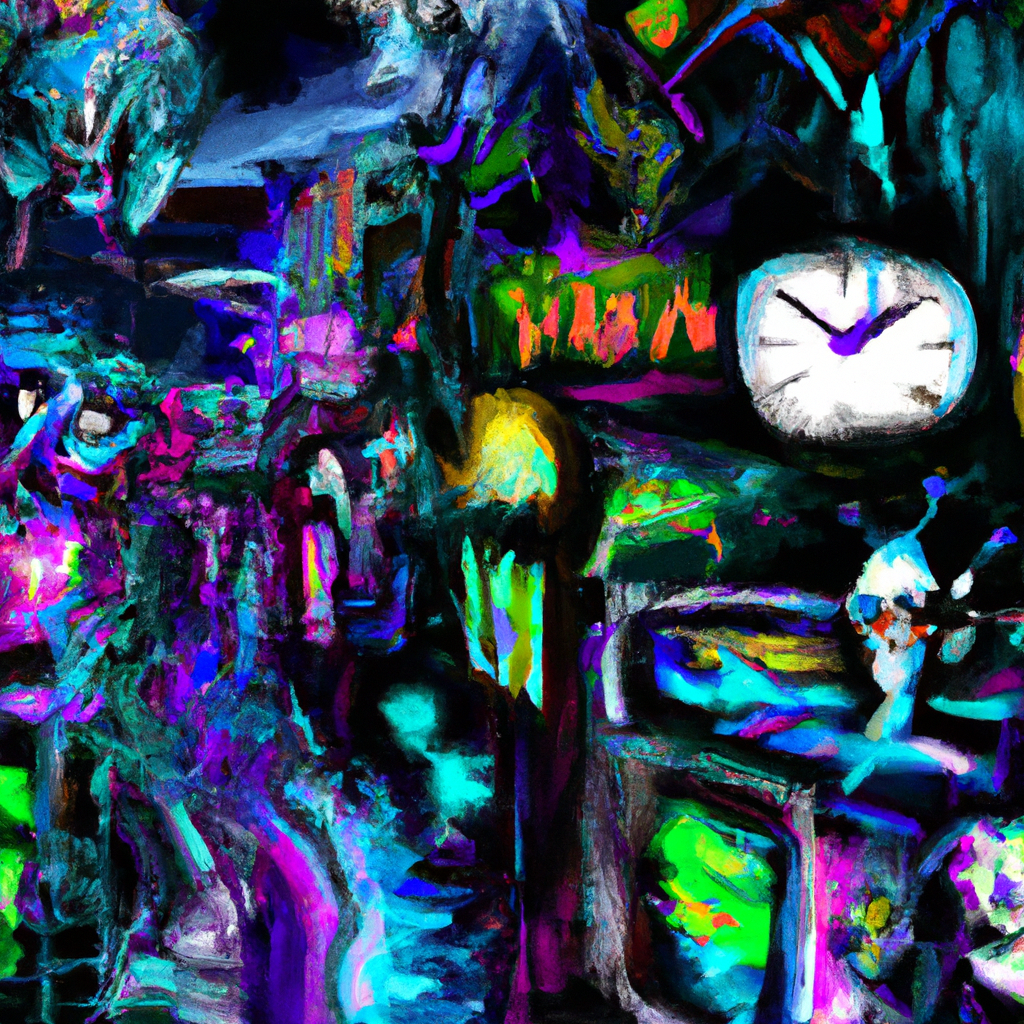In a world obsessed with optimisation, where every breath and heartbeat is tracked by our devices, the allure of ‘sleepmaxxing’utilising technology to enhance sleepseems almost irresistible. But in our pursuit of the perfect slumber, have we drifted into a digital dreamland where the tech itself might be the nightmare?
The Claim
Proponents of sleepmaxxing suggest that technology can not only improve sleep quality but also maximise its benefits, turning our nights into hyper-productive, dream-fuelled rejuvenation sessions. It’s a compelling claim, bolstered by the promise of apps and gadgets that monitor, analyse, and optimise every REM cycle.
What We Found
However, a deeper dive into the world of sleep technology reveals a less serene picture. Research, such as a study published by the National Institutes of Health, warns that over-reliance on sleep tech can lead to anxiety and disrupted sleep patterns, ironically exacerbating the very issues they aim to solve. Furthermore, the British Sleep Society highlights potential privacy concerns, as these devices often collect vast amounts of personal data without clear consent.
Cultural Context or Why It Matters
From the ancient Greeks who believed sleep was a gift from the gods, to modern insomniacs tethered to their Fitbits, the quest for better sleep has always been a cultural touchstone. Yet, as we lean into technology for answers, we must ask ourselves: Are we losing touch with the innate human ability to rest? And more critically, in handing over our sleep to algorithms, are we sacrificing our privacy and peace of mind?
The Sources
- National Institutes of Health Study: www.nih.gov
- British Sleep Society: www.sleepsociety.org.uk
- Full Fact: www.fullfact.org
The SaltAngelBlueVerdict
Misleading — While technology can aid sleep, over-reliance may lead to unintended consequences.





